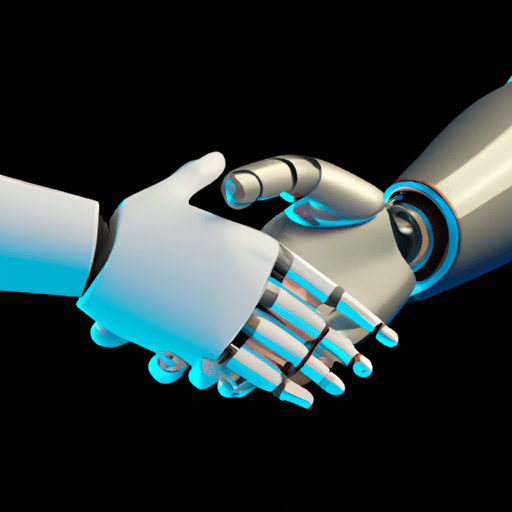Exploring the Potential Impact of Artificial Intelligence on Healthcare in the Future
The healthcare industry is rapidly changing, and the potential of Artificial Intelligence (AI) is expected to revolutionize the field in the years to come. AI has the potential to dramatically improve medical diagnosis and treatment, improve access to healthcare, and reduce costs. To understand the potential of AI in healthcare, it is important to research current and emerging AI technology, explore ethical considerations, and draw conclusions about the healthcare industry of the future.
Medical Diagnosis and Treatment
AI is being used to develop diagnostic tools that can quickly and accurately analyze medical images and detect patterns that human doctors may not be able to identify. AI-powered algorithms can also be used to analyze patient data and help determine the best treatment options for individual patients. AI-driven technologies have the potential to reduce medical errors, increase accuracy, and speed up medical diagnosis and treatment.
Improved Access to Healthcare
AI is also being used to improve access to healthcare, especially in underserved and remote areas. AI-powered chatbots can provide medical advice to patients, and AI-powered diagnostic tools can be used to remotely diagnose medical conditions. AI-powered algorithms can also be used to analyze patient data and provide personalized treatment options. In addition, AI-powered robots can be used to assist physicians in performing medical procedures.
Reduced Costs
AI can also help reduce healthcare costs by streamlining processes and improving efficiency. AI-powered algorithms can be used to analyze patient data and identify trends in healthcare utilization, which can help reduce unnecessary treatments and procedures. AI-powered chatbots can also be used to provide medical advice, which can reduce the need for expensive doctor visits.
Ethical Considerations
Of course, with any new technology, there are ethical considerations that must be taken into account. AI-powered algorithms can be biased and could lead to unfair decisions or inaccurate diagnoses. In addition, AI-powered technologies could be used to invade patient privacy or compromise patient data. It is therefore important to develop ethical guidelines for AI-powered technologies in healthcare.
Conclusion
AI has the potential to revolutionize the healthcare industry in the years to come. AI-powered technologies can improve medical diagnosis and treatment, improve access to healthcare, and reduce costs. However, it is important to research current and emerging AI technology, explore ethical considerations, and draw conclusions about what the healthcare industry could look like with AI advancing the field in the years to come.
















Comments
Leave a Comment